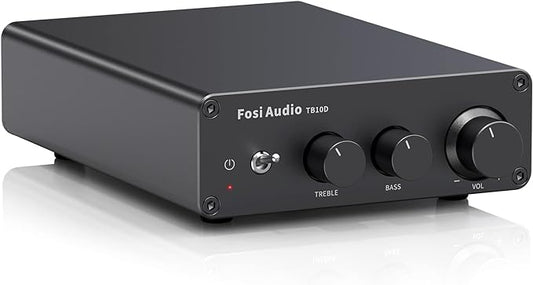Some conclusions are formed on logic alone. If I step off a tall cliff it's likely I'll die. Eat too much and get fat. Garbage in equals garbage out.
The problem with logical arguments is they are based on a limited set of facts. Extenuating circumstances or misplaced facts change conclusions. I can wear a parachute to survive a long fall, increase my exercise level to burn calories, and don't tell the recycle industry their output is garbage.
One of the central tenets to the old Linn argument that sources matter most is GIGO. Garbage In, Garbage Out. Linn relied on this bit of logic to sell turntables, making the argument that the better the table the better the outcome of music on your system. It's a good argument, one proven correct over time, but only in limited circumstances. It's unlikely you could tell the difference between a Linn LP12 and an AR ES-1 when played through a Calrad phono preamp.
Bill Low of Audioquest routinely demonstrates changes in wire through a cheap boombox, enforcing the notion that small changes on the source matter, regardless off what they're played back through. Most high-end speaker manufacturers would suggest the opposite. The better the resolving power of your speakers, the better to hear small differences. Not many serious reviewers of equipment rely upon boomboxes to report their findings.
It's no surprise you likely need a bit of both: good sources and reasonable output, to appreciate recorded nuances.
But GIGO is not a reasonable wash-your-hands and be done with it argument.
We'll dig deeper.








